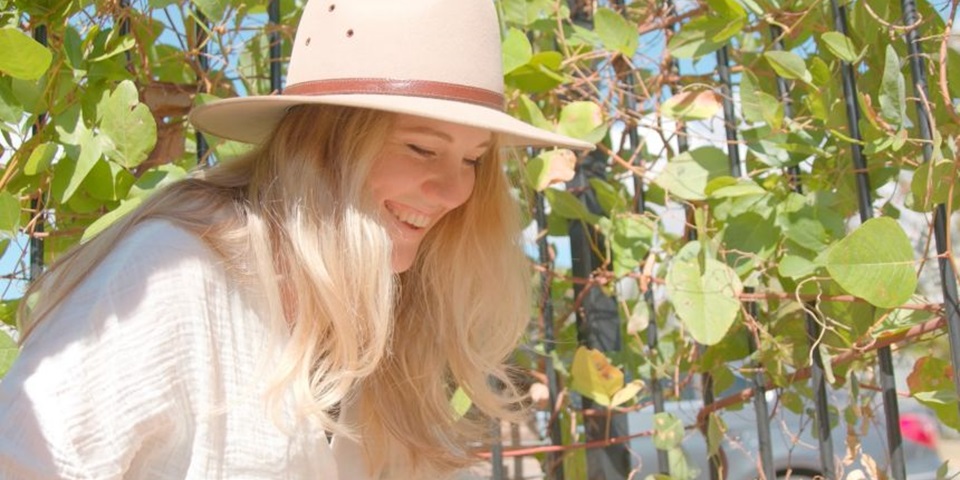News
Save the bees with a Murdoch degree

While many associate bee conservation with honeybees in hives, researchers say Australian native bees are under-researched and in decline.
The majority of bee species (up to 80 per cent) live underground, and various factors such as climate change, construction, artificial lawn and weather events have left them with limited places to nest.
Murdoch University PhD student Freya Jackson’s research is focussed on one of these native species, the Lasioglossum dotatum, and through this research she discovered the attributes of an ideal native bee habitat.
“If you study bees, you kind of have an idea of the overall ecosystem health. So, when you protect the bees, you protect entire ecosystems,” Ms Jackson said.
If native bees were to disappear, the plants that they have evolved beside for millennia would also disappear.”
Ms Jackson said she hoped to convey the importance of native bees for ecosystem health, and help the everyday person become a citizen bee conservationist.
She learned through observations what made the preferred habitat for her study species as well as a number of other ground-living bees and developed a prototype bee bed that will be released with her PhD thesis.
In the meantime, Ms Jackson said anyone could create conditions from home that would help save native bees.
Keep bare, open spaces for your native bees. Water it regularly so that it doesn't dry out, and just make sure that they've got a diversity of flowers to forage on."
Native plants such as bottlebrush and eucalyptus, as well as a variety of herbs like rosemary are among the favourites for native bees.